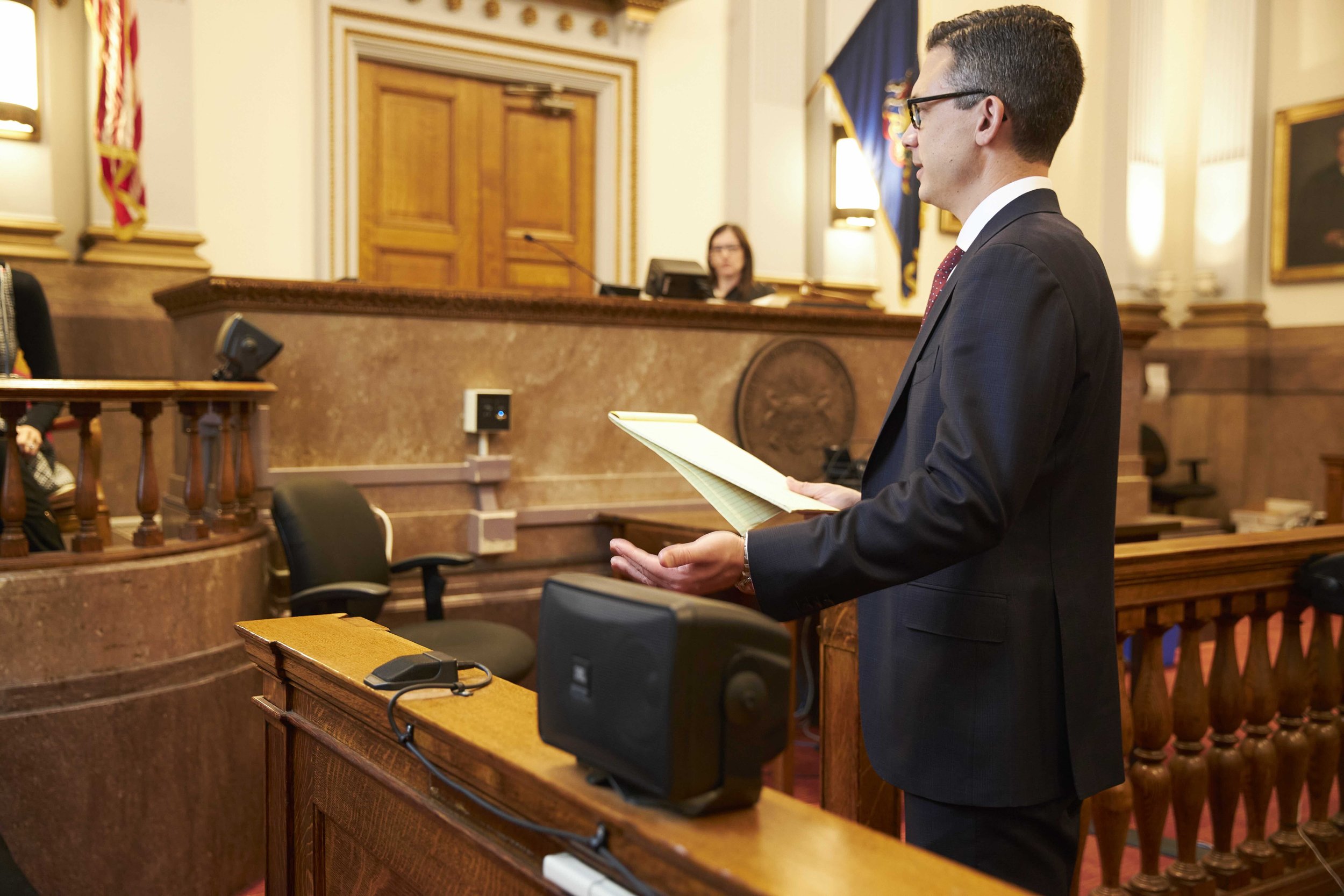Federal Crime Lawyer: Safeguarding Your Rights Against Serious Federal Charges
Federal Crime Lawyer: Safeguarding Your Rights Against Serious Federal Charges
Blog Article
Debunking the Process of Federal Appeals: What You Need to Know
Navigating the complex realm of government appeals can typically appear like passing through uncharted waters for those unfamiliar with the process. Understanding the nuances of appellate court territory, the intricacies of submitting a notice of charm, presenting a compelling quick, and making a persuasive dental argument are important components that can considerably impact the end result of a case. By unwinding the layers of intricacy surrounding government allures, people can acquire a more clear insight into the systems that govern this critical point of the lawful system.
Recognizing Federal Appeals Refine
Exploring the elaborate world of the government appeals process reveals a methodical and structured trip with the judicial system - federal tax fraud appeal lawyers. Federal allures work as a vital system for examining decisions made by lower courts. Understanding this process is necessary for anyone associated with legal proceedings at the government degree
The procedure normally starts with a party disappointed with a lower court's ruling submitting a notification of charm. This causes an evaluation by a greater court, where a panel of judges evaluates the lawful debates offered by both parties. Briefs laying out the legal thinking behind each party's placement are submitted, and dental debates might be heard to clear up complex concerns.
The appellate court's decision is based on an extensive evaluation of the reduced court's process and the debates presented. Once the appellate court reaches a choice, it can affirm, turn around, remand, or change the reduced court's ruling, offering clarity and finality to the legal dispute.
Appellate Court Territory Discussed

Appellate courts have jurisdiction over certain sorts of cases, typically those entailing legal mistakes, step-by-step issues, or questions of legislation as opposed to accurate disagreements. The jurisdiction of appellate courts is normally detailed in statutes and laws that control the court system. Understanding appellate court jurisdiction is important for parties associated with the allures procedure as it determines whether a situation is qualified for evaluation and the degree to which the appellate court can intervene in the reduced court's decision.
Declaring a Notification of Allure
The preliminary step in beginning the federal charms procedure involves submitting a Notice of Allure with the suitable appellate court. federal firearm appeals. This crucial paper formally informs the court and the various other celebrations included in the instance that the appealing event intends to look for a testimonial of the reduced court's choice. Filing a Notice of Appeal is a rigorous procedural demand that sets the appellate procedure moving
When preparing the Notice of Charm, it is vital to make certain compliance with the specific regulations and guidelines of the relevant appellate court. The paper needs to usually consist of info such as the situation name, the reduced court's name, the day of the judgment being appealed, and a concise statement suggesting the premises for the charm.
When submitting a Notification of Appeal,Timeliness is of the significance. Missing the deadline for sending this file can result in the allure being dismissed, highlighting the importance of precise and prompt initiation of the appeals process. It is suggested to seek lawful guidance to navigate the intricacies of filing a Notification of Appeal effectively.
Rundown and Dental Argument
In the appellate procedure, offering created briefs and participating in dental disagreements play critical functions in advocating for the appealing party's position prior to the appellate court. Briefs are comprehensive lawful files that detail the celebrations' arguments, legal authorities, and analysis supporting their settings. These created entries give the court with a thorough understanding of the facts of the situation, the pertinent law, and why the appealing party thinks the reduced court's choice ought to be reversed.
Following the submission and evaluation of the briefs, oral disagreements provide the parties an opportunity to additional clarify their positions, resolve any type of inquiries the appellate courts may have, and emphasize bottom lines from their created briefs. Oral arguments are a possibility for the attorneys to persuade the judges with verbal advocacy and actions to queries from the bench.

Receiving the Appellate Court Choice

Verdict
Comprehending the appellate court territory, filing a notification of appeal, preparing briefs, and providing dental disagreements are all vital elements of this procedure. Ultimately, getting the appellate court choice can provide clearness and resolution to lawful disputes.
As we advance from understanding the federal charms procedure to dissecting the ins and outs of appellate court territory, a fundamental element comes to light relating to the authority and restrictions of these greater courts in the lawful landscape. Appellate court territory refers to the extent of instances that a particular appellate court has the power to choose and examine upon. Unlike trial courts that hear situations for the very first time, appellate courts are restricted to assessing choices made by lower courts. Understanding appellate court jurisdiction is vital for events involved in the appeals process as it figures out whether an instance is qualified for testimonial and the extent to which the appellate court can intervene in the lower court's decision.
Whether the appellate court verifies, reverses, or remands the lower court's decision, comprehending the effects of the judgment is critical for all events involved in the appellate process.
Report this page